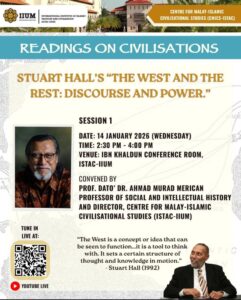The Knowledge of the Judge and Other Proofs in the Afghan Jurisprudence and Law Assessment Center

Author (s) : Dr. Ali Ahmed Rezaei
Institution : Faculty of Law and Political Science, Khatam al-Nabiin University, Kabul, Afghanistan
Category : Article, IJMMU
Topics : The Knowledge of the Judge; The Proofs of the Case; The Conscientious Persuasion System;
The Emirates and the Evidence; The Afghan Jurisprudence and Law Assessment Center
The knowledge of the judge as one of the methods of proving a criminal case, especially in cases where the issue cannot be proven by other proofs of the case, is a path-breaker for the judge, according to
the approach of the conscientious persuasion system in the legal and judicial system, where the knowledge and persuasion of the judge is the basis and the criterion of the validity of the evidence of the
lawsuit. That is, the evidence of proof is included in the document of the verdict if it convinces the judge’s conscience. The purpose of this research is to analyze jurisprudential data based on Imamiyyah and Sunni jurisprudence and the procedures of Afghanistan’s legal system in the field of validity and superiority of the judge’s knowledge compared to other proofs, by adopting the descriptive and analytical research method. The findings of the research show that among the Islamic jurists, the Imamiyyah jurists often consider the judge’s knowledge as absolute proof, but on the other hand, the Sunni jurists mostly consider the judge’s reference to his knowledge to be against the Prophet’s way of life and to slander him. Jurists also believe that the judge can only use his knowledge to evaluate the reasons and draw conclusions from what is presented to the court, but he cannot rely on his knowledge to prove the claim or deny it. In the subject law of Afghanistan, the knowledge of the judge, which is obtained through Emirates and conclusive evidence, is accepted in criminal matters both as the support and validity of other evidence and as one of the evidence to prove the criminal case. After examining the validity of the proofs and determining the scope of the judge’s knowledge, the relationship between the judge’s knowledge and other proofs of the lawsuit is determined. Comparing the judge’s knowledge with confession in criminal and civil matters is different. Since the confession is detrimental to the individual and the validity of knowledge is inherent in the assumption of conflict, the judge’s knowledge precedes the confession, but in civil matters, there is no conflict and the judge is obliged to rule according to the confession. In the case of a conflict between the knowledge of a judge and evidence, since knowledge is definite and certain, but evidence and testimony are amara, and the validity of the knowledge of a great person is from amara, knowledge should be preferred over amara. The investigation and examination of the crime scene, the opinion of experts, as well as evidence and emirates, are all the introduction to the knowledge of the judge, and the possibility of conflict in them is unimaginable because all their validity and value is to convince the judge’s conscience
Article can be downloaded here >> https://ijmmu.com/index.php/ijmmu/article/view/6814/5447








